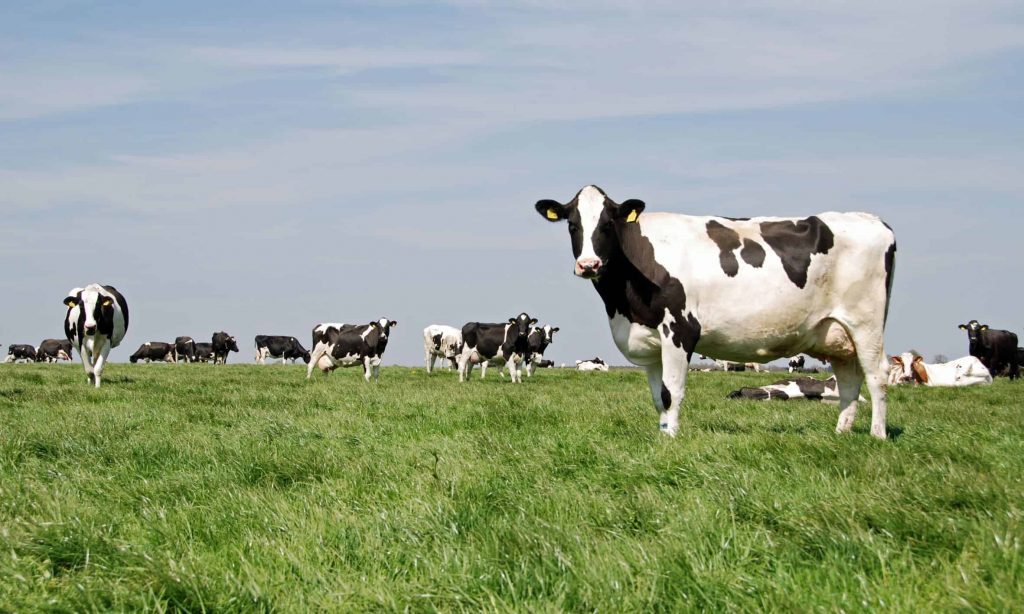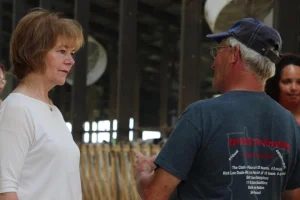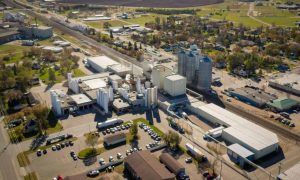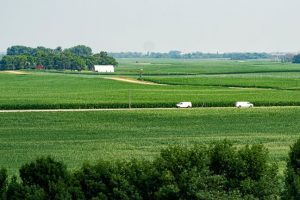
The Miron Family Farm has 400 dairy animals including 200 cows. It’s a family business that’s grown exponentially since its establishment in 1887. Other farmers haven’t been so fortunate.
“Back in 1976, there were probably well over 500 farms here in Washington County, dairy farms. And now we’ve got about four,” said Miron.
The Minnesota Department of Agriculture says in just the last four years, the state lost “well over 1,000 dairy farms” simply because they can’t keep up with the cost of production.
“We’ve increased productivity on our cows; a lot of that relates to nutrition and health care and just the improvements that we’ve seen in genetics,” Miron said.
It also includes technology like robotic milking systems, which are expensive. Miron said one cow from their farm produces about 26,000 pounds of milk per year, up from 14,000 pounds per year in 1976 when he took over the farm.

State officials say there are several factors to the dwindling dairy farms, including a decline in milk consumption, urbanization, and a reduction in dairy processing plants. Miron said most processing plants are already at full capacity.
“So, when one processing plant has difficulty or closes, there’s no way for those farmer members of those processing facilities to find processing elsewhere. So, it really puts those farmers in a significant dilemma,” said Miron.
Crystal Farms, a dairy manufacturing company, said the alarming rate of farm disappearances prompted them to take action in hopes of helping local farmers through the Farms Forever Program.
“We decided to really rewire our supply chain, so all of our dairy comes from this region,” said Janell Lofton-Minta, Crystal Farms Vice President of Growth and Marketing. “There’s more than 1,000 farm families in Wisconsin and Minnesota that are part of our sourcing team.”
Even among a dairy crisis, back at the farm, it’s business as usual. Miron isn’t giving up hope, nor is he worried.
“Agriculture is ingrained in us, but I think that probably the most important part of it is the family part of family farm,” he said.
























